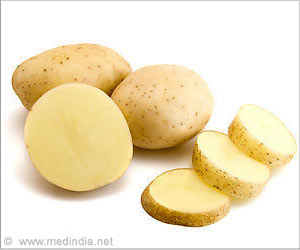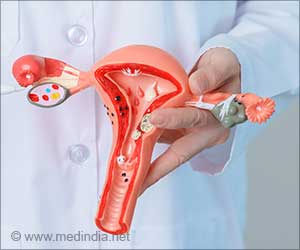Glycoalkaloids are found higher in green, germinated, damaged potatoes and potato peel. Ingestion of glycoalkaloids may cause symptoms such as nausea, stomach-ache, vomiting, and diarrhea and increase the risk of glycoalkaloid poisoning.
- Glycoalkaloids such as t£\-solanine and £\-chaconine are found higher in green, germinated, damaged potatoes and potato peel
- Ingesting these glycoalkaloids such as //solanine in potato may affect the health and increase the risk of glycoalkaloid poisoning
- The glycoalkaloid content in table potatoes should not be higher than 100 mg per kg fresh weight
Symptoms of minor glycoalkaloid poisoning
- fever
- nausea
- stomach-ache
- vomiting
- diarrhea
- impairment of consciousness
- loss of consciousness (occurs very rarely)
- disturbances in brain function
- breathing problems
- problems in the cardiovascular system
"Although only a few cases of poisoning caused by potato dishes have been reported and documented in the last 100 years, green and strongly germinating potatoes should not be consumed in order to avoid health risks," said BfR President Professor Dr. Andreas Hensel.
A case of poisoning was observed in a family after consumption of a potato dish containing high levels of glycoalkaloids. The BfR assessed the risk is mainly related to the ingestion of glycoalkaloids through table potatoes.
NOAEL (No Observed Adverse Effect Level) - the maximum dose at which there are no undesired health effects.
To avoid higher intake, the glycoalkaloid content in table potatoes should not be higher than 100 mg per kg fresh weight.
Maintaining a low intake of glycoalkaloids is safe. The BfR suggests few ways to reduce the risk of glycoalkaloid poisoning.
- Potatoes should be stored in a cool, dark and dry place
- Potatoes that are old, dried up, green and germinated should not be consumed
- Snacks which are made from potato peels or containing potato peels should not be consumed
- Green parts and "eyes" in potatoes should be removed
- If consumers prefer to eat skin along with the potato, it is safe to choose undamaged fresh potatoes
- Potato dishes with a bitter taste should not be eaten
- Avoid giving unpeeled potatoes to children
- The water in which the potatoes were boiled should not be reused
- It is best to replace the deep-frying fat for potato products regularly
Source-Medindia











